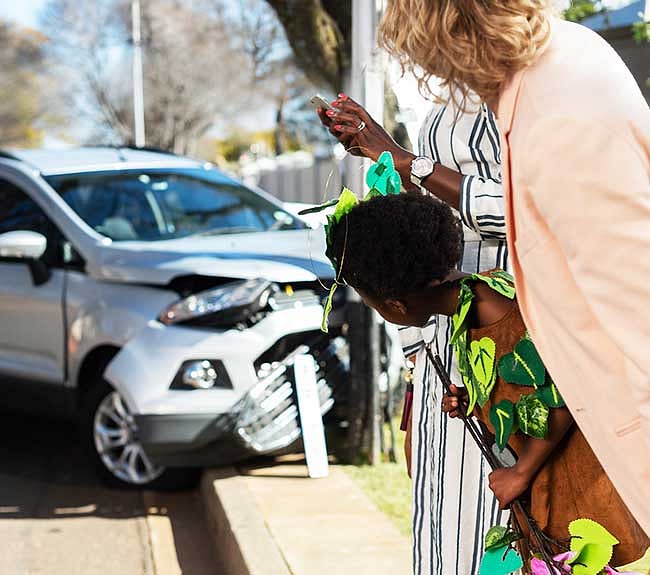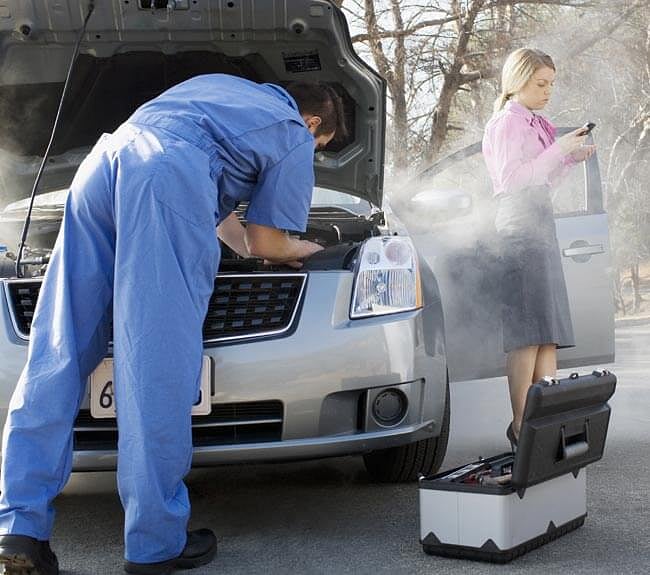
Questions to Ask Your Insurer When Taking Out an Insurance Policy
Insurance
June 22, 2022By First For Women
If you are in the market for insurance, there are probably a lot of questions going through your mind. Taking out insurance is an important financial decision and choosing the right insurer should be done carefully. The team at First for Women is dedicated to helping you make the best decision.
What kind of insurance policy are you going to get?
With the small print and legal terms, many people don’t understand their insurance policies very well. This can have a negative financial impact on policyholders. To help avoid confusion, here are some of the most important questions you can ask your insurer when getting quotes on insurance.
Get a full insurance quote comparison from First for Women
At First for Women, we know there’s a lot to consider when taking out insurance. We have a range of different insurance policies for women and are happy to answer all of the questions you have about getting insurance. Apply for an insurance quote online today.
Sources:
[1] News24: 5 Things to consider when choosing car insurance
[2] News24: Floods costs revised from R950 billion to R17 billion
[3] Investopedia: 5 Life insurance questions you should ask
Disclaimer: The information in this article is provided for informational purposes only and should not be construed as financial, legal, or medical advice.
Make sure there are no hidden costs or nasty surprises when you need to claim. Different types of car insurance plans will provide different cover. Comprehensive car insurance, for instance, covers all risks and damage, including damage to your own car, even if you were the cause of the accident.
First look at the minimum you require, such as cover for fire and theft. Once this is covered, it is highly recommended that you consider looking at comprehensive insurance. Doing this will ultimately lower your premiums and provide you with the peace of mind of being fully insured.
This will depend on the limits you have on your policy, including the excess you have agreed on, as well as the circumstances of the accident. If someone else caused the accident, and that driver has insurance, then he or she could be held responsible for paying the damages. Ask upfront what your excess is, because you will have to pay this to your insurer every time you make an auto claim.
There are numerous factors that determine how much you will be paying in premiums every month[1]. The excess fee is one. Having a higher excess will lower your premiums, but it means you will have to pay more if you do make a claim. Other factors, such as the driver’s age, the type of vehicle and which area you live in, all affect the price of your premium.
This is an important question to ask as accidents and breakdowns often happen unexpectedly while you are on the road. When you need help, you need to be confident your insurer is there to help you. Is the assistance available 24/7 countrywide? You don’t want to be caught alone at night and somewhere far away without help available. First for Women has the Guardian Angels on Call benefit which offers, amongst other things, reliable roadside assistance for breakdowns and other vehicle problems.
Buildings insurance will cover your property for any loss or damage from unexpected disasters such as a fire, earthquakes, and severe weather events. So, if your home is severely damaged by a flood, like the KwaZulu-Natal floods in April 2022[2], the cost of repairing or rebuilding the property would be covered by your buildings insurance policy.
Yes, this is advisable. These two insurance policies cover you for very different things. Buildings insurance protects the actual structure of your property, including the outbuildings and fixtures such as walls, roofs and floors. Whereas home contents insurance covers the personal possessions that are found inside your home, such as furniture, electrical items and other valuables.
The replacement cost is the amount that is needed to rebuild your property. This cost does not look at where the property is situated. It looks at the cost of the actual rebuilding of the home, including the material needed to rebuild and the labour costs involved. The rebuilding costs could be higher or lower than the market value, depending on where the property is situated. For instance, a home in an expensive area may not cost much to rebuild, but because of where it is situated the market value would be higher.
It is advisable to get buildings insurance which covers the full cost of rebuilding your home if there is loss or damage. While you may be able to pay for the small loss or damage of something like a geyser, the cost to rebuild an entire home is not something most people can afford without insurance.
There are many different types of life cover available. Some people may get life cover through their employer as part of an employee benefit. This is known as group life insurance[3]
The second type of life cover is individual life insurance, which you need to apply for on your own. This policy is more flexible than group cover and you have more options available on what you would like from your life insurance policy.
There are many options you can choose from when taking out life insurance. You can choose to have a short-term insurance policy which provides a sum of money to your beneficiaries if you die within a certain period of time. This is known as a death benefit.
A permanent policy could have both a death benefit and cash value accumulation. This means that when you die your beneficiaries will get a lump sum payment as well as money that is paid to them over time to cover expenses such as school fees.
t depends on the insurer. Some life insurance policies will start your cover as soon as you have accepted a quote, but others require a period of time to pass before the policy comes into effect.
There are usually waiting periods and exclusions included in life insurance policies. For instance, many insurers state that there are conditions related to death by suicide. This means that if the policyholder dies by suicide within a certain period of time, they may not be covered.
Some other exclusions include the policyholder being killed while taking part in illegal activities or while doing something dangerous such as deep-sea diving or skydiving.













